detail profile j c3 b3zef grzeszczak
Peran Yang Di Mainkan Józef Grzeszczak
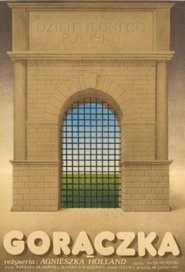 The film is set in 1905 in...
The film is set in 1905 in...Fever 1981
The film is set in 1905, in a time of feverish revolutionary underground activity in Poland partitioned between three neighbours. All the characters are committed anarchists. The bomb maker puts an invention together to place it at the disposal of young inexperienced terrorists fighting against Tsarist oppression. The story follows the passing of this bomb from anarchist to anarchist as several attempts are made on the life of Tsarist governor general, until, at the end, it is effectively and harmlessly defused by a bomb expert. The presence of the bomb has a destroying effect on all of the Polish revolutionaries, they either die or breakdown.
 The year is 1998 and the world...
The year is 1998 and the world...Tender Spots 1981
The year is 1998 and the world is in an ecological cataclysm: there is shortage of water, environment is polluted and being outside brings high risks. The main character is a tv technician, Jan, an individualist, who is harassed by the conformists. Jan loves Ewa, a ballet student, who in turn is in a liaison with Allan, a successful and powerful man.
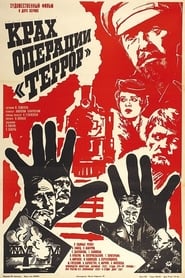 The actionpacked historical and revolutionary film...
The actionpacked historical and revolutionary film...Fiasco of Operation Terror 1981
The action-packed historical and revolutionary film about the struggle of the VCHK with the international conspiracy against the Soviet government in Russia in the beginning 20s. On the activities of Dzerzhinsky, chairman of the VCHK, People's Commissar of Internal Affairs and at the same time Commissar of Railways. About the work on resuscitation of a collapsed industry, army, railways, to which the Iron Felix attracts (some by threats, some by persuasion) pre-revolutionary intellectuals.
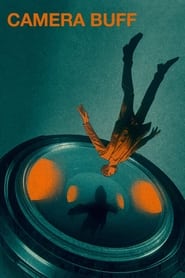 Filip buys an 8mm movie camera...
Filip buys an 8mm movie camera...Camera Buff 1979
Filip buys an 8mm movie camera when his first child is born. Because it's the first camera in town, he's named official photographer by the local Party boss. His horizons widen when he is sent to regional film festivals with his first works but his focus on movie making also leads to domestic strife and philosophical dilemmas.
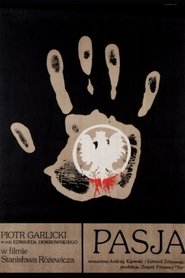 The last days in the life...
The last days in the life...Passion 1978
The last days in the life of Edward Dembowski (1822-1846), the organizer of the Cracow Uprising in 1846. The informal leader of the uprising, determined to fight for the unification of Polish lands and the liberation of the peasants, negotiates with other politicians.
 A family saga of Barbara OstrzeskaNiechcic...
A family saga of Barbara OstrzeskaNiechcic...Nights and Days 1975
A family saga of Barbara Ostrzeńska-Niechcic and Bogumił Niechcic against the backdrop of the January Uprising of 1863 and World War I. The film is a rather straightforward and faithful adaptation of a novel by Maria Dabrowska with the same title. The plot is woven around the changing fortunes of a noble (upper-class) Niechcic family in the pre-WWI Poland. There are two main crossing threads: a social history one and an existential one.
 During the Swedish invasion of Poland...
During the Swedish invasion of Poland...The Deluge 1974
During the Swedish invasion of Poland, the brave warrior Andrzej Kmicic, considered a traitor to the nation, fights for a country, redemption and love across the 17th-century Polish territories.
 Told in flashback as Mieszko lies...
Told in flashback as Mieszko lies...The Nest 1974
Told in flashback as Mieszko lies feverish in his bed just before the Battle of Cedynia, Gniazdo recounts how the revered leader extended Poland's borders, formed an alliance with Emperor Otto I, and ultimately strengthened his country's autonomy by achieving victory during that crucial battle in the year 972.
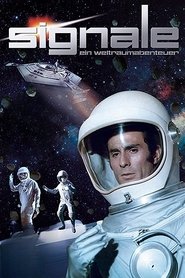 In the middle of the next...
In the middle of the next...Signals: A Space Adventure 1970
In the middle of the next century, a spaceship loses its bearings, and the commander of another space crew, seemingly on a routine check flight, decides to investigate. The result is an unusual suspense adventure.
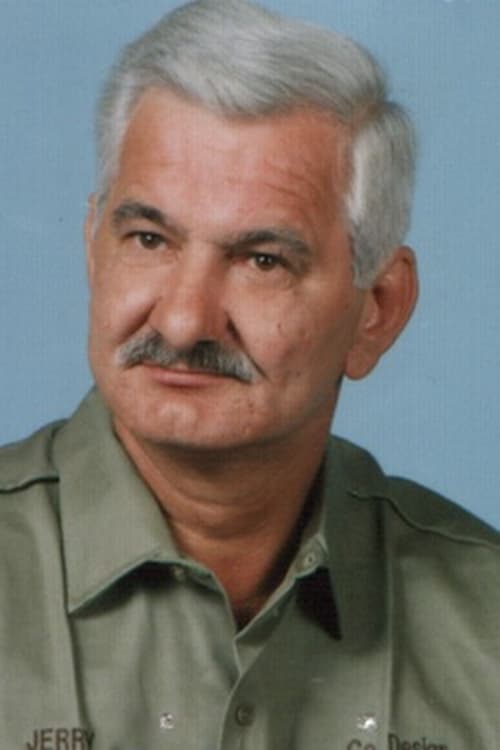
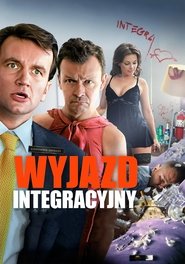 Three guys and a beautiful girl...
Three guys and a beautiful girl...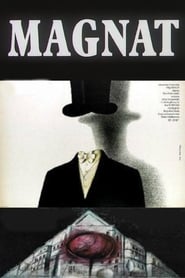 This Polish historical drama film traces...
This Polish historical drama film traces...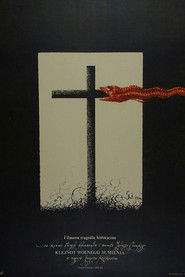 The Republic of Poland of the 16...
The Republic of Poland of the 16...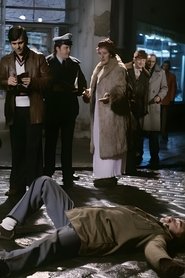 A man has a mysterious power...
A man has a mysterious power...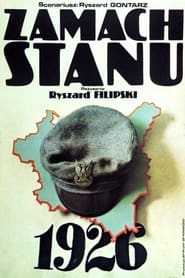
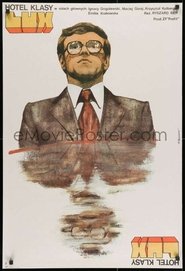 The five participants in the meeting...
The five participants in the meeting...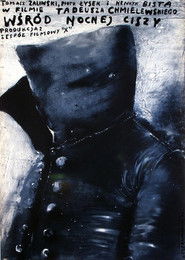 A psychological detective story about a...
A psychological detective story about a...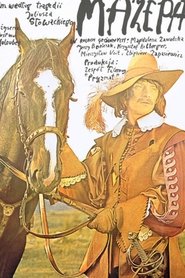
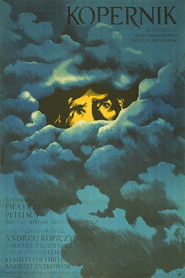 A biography of Nicholas Copernicus covering 50...
A biography of Nicholas Copernicus covering 50...